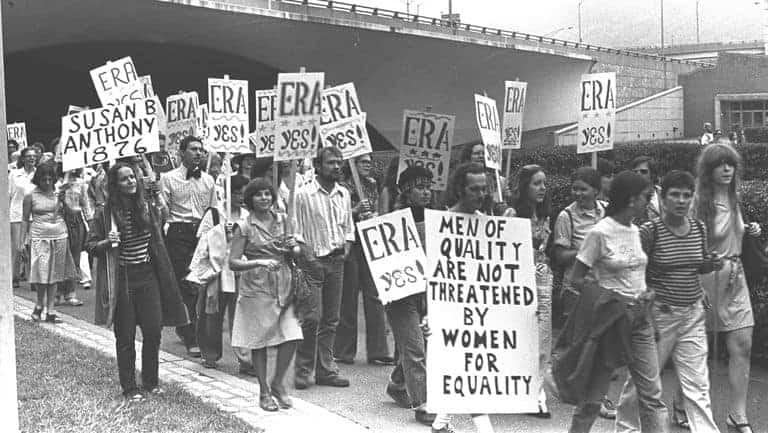Women have come a long way in this world; well, in America, especially. Although ladies can pretty much hop in their car, get a job, have a drink, and do whatever else they please, this was not always the case. Although you might be familiar with the fact that women had to fight for their rights, you probably don’t realize how many basic things females were denied. (White) Men, on the other hand, were not rejected from these same primary benefits. Luckily, times have changed, but some even in the 21st century, ladies still struggle for equal pay — something that has been a fight for decades. Keep reading to learn all about 40 shocking things women could not do until the 1970s.
40. Credit Cards Were Not For Women

Financially, there were many things that women couldn’t do without their husbands and taking out a credit card under their name was one of them. Legally, banks could deny women credit cards until 1974 with the passing of the Equal Credit Opportunity Act. The applications from women who tried to take a credit card out under their name received the stamp of “denied” or told them to get their husband’s signature on the form. If the woman wasn’t married, the bank would still request she bring a male, such as her father or brother, who could co-sign the application.

